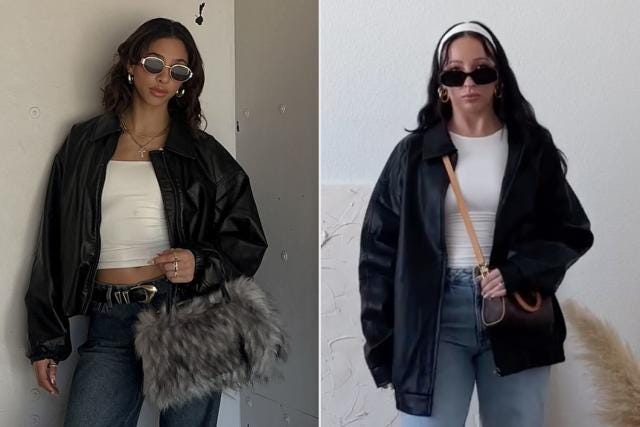The 'Sad Beige' Influencer Lawsuit: Explained
The fight to protect digital identity in a world where copying is currency

Last year, Amazon influencer Sydney Nicole Sloneker (née Gifford) filed a first-of-its-kind lawsuit against fellow creator Alyssa Sheil, alleging copyright infringement, trade dress infringement and misappropriation of likeness for replicating her “neutral, beige and cream aesthetic.” She sought $150K in damages for lost income and mental distress. The case represents a milestone in the digital age, challenging the legal definition of intellectual property.
The lawsuit was widely referred to online as the “Sad Beige” case—an internet shorthand for the clean-girl, neutral-toned influencer aesthetic that first went viral thanks to satirical TikToks by That Sad Beige Lady (Hayley DeRoche). Her deadpan commentary mocked the minimalist trend of dressing babies and homes in washed-out neutrals, calling it “sad beige” and sparking discourse about the emotional flatness of such aesthetics. While intended as satire, the term quickly became a cultural reference point.
Just over a year after filing, Sloneker chose to dismiss the lawsuit due to the unsustainable cost of bringing the case to trial, but took to TikTok to explain her side of the story. In the video, Sloneker defends her choice to seek legal retribution.
“A lot of articles are claiming I'm suing over a beige aesthetic. I have never claimed to own beige and I'm not suing anyone over a color or a trend. The story the media is telling is missing so many details and the way that they're spinning it to make it seem like it's all about an aesthetic to create drama is misrepresenting the importance of this case. There is so much more to this.” -Sydney Nicole Sloneker
 Tiktok failed to load.
Tiktok failed to load.Enable 3rd party cookies or use another browser
She also describes, in detail, the ways in which Sheil was copying her content, from purchasing identical home decor to getting an eerily similar tattoo, alleging that Sheil was intentionally trying to create confusion amongst viewers. Commenters agreed.
While the lawsuit did not pan out in Sloneker’s favor, TikTok removed Sheil’s original account. She has since made a new one, where she posted in celebration of the dismissal of the lawsuit, captioning her video, “the hardest year of my life is officially over…”
 Tiktok failed to load.
Tiktok failed to load.Enable 3rd party cookies or use another browser
This saga spotlights a growing challenge in the creator economy: protecting the intangible elements that define a personal brand. For influencers, aesthetic choices (color palettes, editing styles, voiceover tone) aren’t just preferences, they’re part of a carefully curated IP strategy that drives visibility, partnerships, and income. When others replicate that blueprint too closely, the harm can be real, even if current laws fall short of protecting it. Sloneker’s case may not have succeeded in court, but it opens a meaningful conversation about the gaps in legal protections for digital creators whose livelihoods depend on originality.




